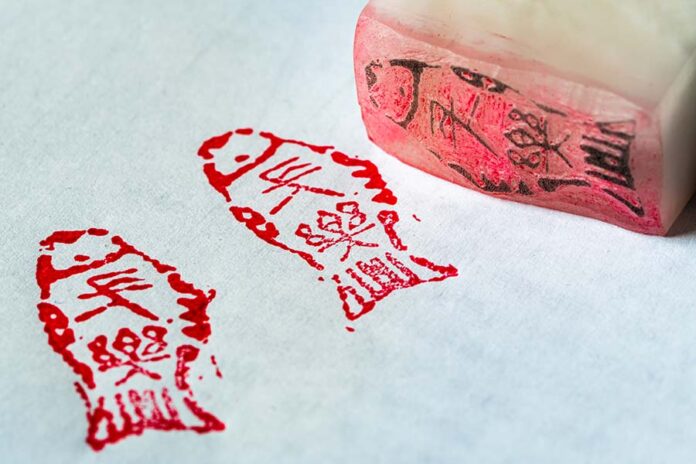The legal representative of a company usually stores a carved name seal in the company for objective needs such as stamping resolutions or bank documents, and is often requested by investors to serve as a surety during financing for the safety of their investment. Whether the name seal on contracts of suretyship can reflect the expression of the true intent of the legal representative to voluntarily assume suretyship liability or not is a common dispute in cases accepted by the Beijing Arbitration Commission/Beijing International Arbitration Centre (BAC/BIAC). This article attempts to analyse the effect of legal representative name seals on contracts of suretyship.
According to the provisions of article 490 of the Civil Code, “where the parties enter into a contract in the form of a written contract, the contract is formed when each party affixes its signature, seal or fingerprint”; generally, a signature, fingerprint or name seal of a natural person on a contract shall have the same legal effect.
In the financial loan contract dispute of Xu Aiping v Shangnan County Branch of Agricultural Development Bank of China (2017), the name seal of Xu Aiping on a contract of suretyship was stamped after his resignation from the company. The Supreme People’s Court held that stamping this seal did not affect the validity of the contract, because the seal was authentic and registered, and Xu, as the (previous) legal representative, should be aware that the name seal had the legal effect of general authorisation.
However, after his resignation, he did not retrieve or properly keep the seal, and even stamped it several times on other contracts of suretyship co-signed by him and his spouse in a two-month period. According to this case, the court may presume that stamping a name seal on contracts expresses the true intent of the seal holder, unless evidence shows that the seal is forged, as the legal representative has a special position in the company and making a name seal reflects the expression of the intent of general authorisation.
In two arbitration cases administered by the author, the arbitral tribunals held different views from the perspective of whether the legal representative name seal on contracts of suretyship can reflect the true intention of that person, and therefore rendered arbitral awards with different results.
In a dispute over loan contracts, respondent A was the principal debtor, while respondents B, C and D were the surety who used to serve as the legal representative of respondent A. The signatures of respondents B and C, and the name seal of respondent D were on the contract of suretyship. During the oral hearing, respondent D argued against the effectiveness of the name seal, claiming that the seal was made for bank business during his/her term as the legal representative, but he/she remained unaware of the contract of suretyship until receiving the application for arbitration.
In this case, although the arbitral tribunal did not deny the authenticity of the name seal of respondent D, it did not support the claim that respondent D shall assume suretyship liability, considering the overall evidence and facts of the case. It held that the name seal was made for duties of the legal representative of the company, so generally the corresponding legal consequences should be assumed by the company, and it should not be taken for granted that the legal representative must provide suretyship for the company.
In situations where the legal representative is expected to assume the legal consequences of stamping a name seal, the other party of the contract should fulfil a duty of a high degree of care. But during the oral hearing, the claimant acknowledged that respondent D was not present when the contract was signed, and only his/her name seal was stamped. In light of all the evidence on record, and all the relevant circumstances, the arbitral tribunal did not support the claimant’s claim.
You must be a
subscribersubscribersubscribersubscriber
to read this content, please
subscribesubscribesubscribesubscribe
today.
For group subscribers, please click here to access.
Interested in group subscription? Please contact us.
你需要登录去解锁本文内容。欢迎注册账号。如果想阅读月刊所有文章,欢迎成为我们的订阅会员成为我们的订阅会员。
Yuan Ning is a case manager of the Beijing Arbitration Commission/Beijing International Arbitration Centre(BAC/BIAC)






















